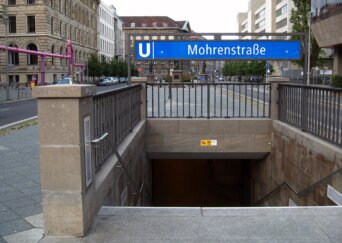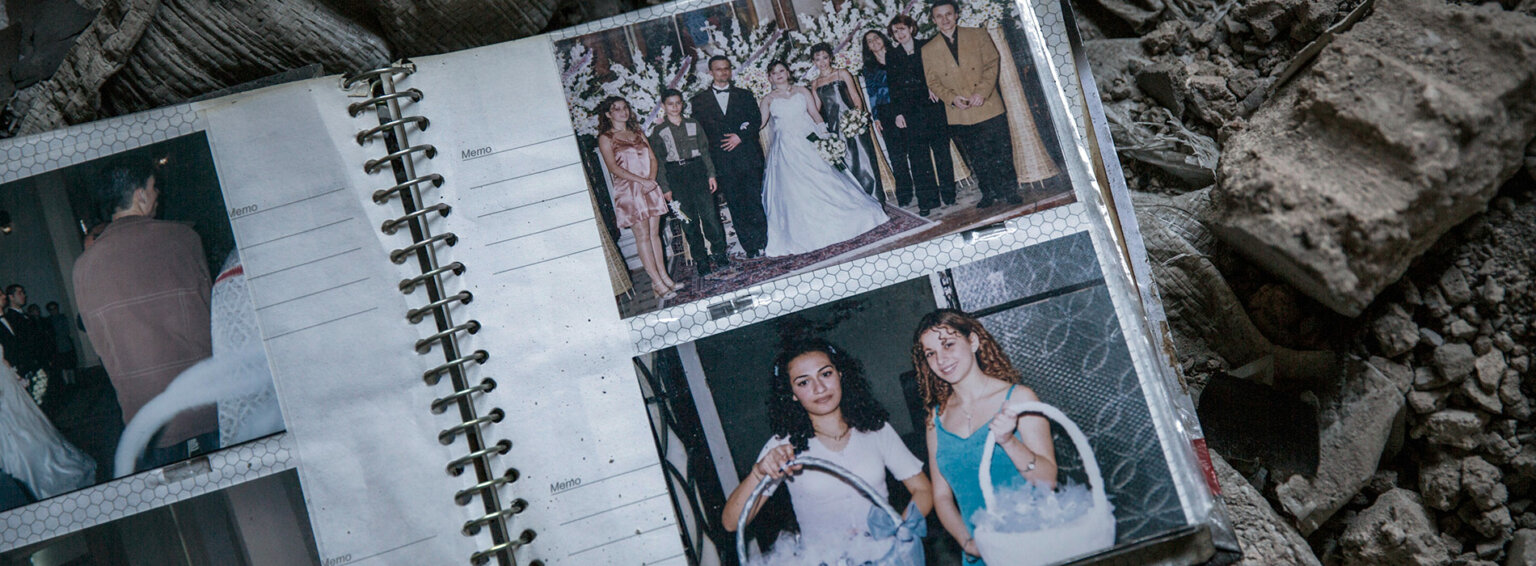- About
- Topics
- Picks
- Audio
- Story
- In-Depth
- Opinion
- News
- Donate
- Signup for our newsletterOur Editors' Best Picks.Send
Read, Debate: Engage.
| topic: | Racism |
|---|---|
| located: | Germany, Switzerland |
| editor: | Gurmeet Singh |
Mohrenstrasse is in the centre of Berlin. It is an U-Bahn station and street, near Checkpoint Charlie, and where Hitler’s bunker was built.
For some years now, Mohrenstrasse has been the focal point of everyday racism discussions in Germany. The word 'Mohr' is a contested term. For some, it is a value-free description of a historical people, Moors, but for others, it is a pejorative term with racist associations. For years now, campaigners have argued to change the name, only to be met with resistance. In the context of the George Floyd killing and Black Lives Matter protests, however, the Berlin Senate has been persuaded to discuss a street name change, where BVG, the transport service organisation, said it would rename the U-Bahn Station.
Philip Oltermann in The Guardian writes: “Activist groups such as Decolonize Berlin have campaigned for years for the renaming of the street that gives the station its name in the city’s Mitte district, arguing that it derives from black slaves bound to nearby establishments in the late 17th century.”
According to an anti-racism foundation in Switzerland, the term 'Mohr' is the oldest term to describe black people in German. It is not value-neutral, having cultural and literary associations with 'guilt', 'criminality', and 'subservience'. Furthermore, it is associated with aggressive European colonial projects in Africa, and at the same time, with products like chocolate. In this sense, the term designates the racial and cultural inferiority of black people, and at the same time attempts to profit from an 'exotic' image of black people. The foundation states that the 'n-word' largely replaced the term in the 20th Century.
It may be hard for English native speakers to understand the controversy, given that the term Moor is antiquated, and might only be found in literature. Even then, Othello is described as a Moor both factually, and pejoratively within the play. It simply has a different resonance in German.
There have been predictable cries in protest. “We cannot alter history”, or “must we alter literature too now?”, or “everything is racist these days…”. The kind of complaints which are so ill-reasoned and frequent that they do not even bear countenancing. The obvious counter-argument is simply: if the term is racist, or has controversial associations, then it does not need to be enshrined by a city in its urban environment. Eliminating the term from historical books and works seems to me to be excessive (especially as there are more productive strategies, such as promoting post-colonial discourse and an expanded literary canon); but removing the term from a city street and U-bahn station that people use everyday is fine. The two are simply qualitatively different.
However, the proposed name for the station has run into controversy too. Oltermann writes: “Out of understanding and respect for the at times controversial debate about the street name, the BVG has now decided not to use it any longer for naming the underground station,” the transit authority said.
The station’s new name, Glinkastrasse, has its own problematic history, however. The street, which used to lie on the eastern side of the Berlin Wall, was named in 1951 after Russian composer Mikhail Glinka.
However, many of his works are infused with the antisemitic views prevalent among his circle of 19th-century nationalist composers: the opera Prince Kholmsky, for example, is plotted around a Jewish conspiracy to destroy 15th-century Russia from within.”
And thus the naming issue continues; the street simply loves controversy. For people who sincerely don’t understand the controversy in Germany (and who aren’t performatively decrying anti-racist measures), I believe the problem lies in a basic misapprehension of everyday racism. In Germany, the notion of racism is still tied to both horrific atrocity (i.e. slavery and the holocaust) and overt, violent acts. To call someone or something racist in Germany means, for many people, to say it or one is a part of National Socialist ideology.
Many people simply do not understand that racism is a spectrum, and everyday racism exists; one does not have to be a Nazi to be racist. The Mohrenstrasse debate therefore acts as a kind of vehicle to push the everyday racism debate forward, which is in itself a positive development.
Image by Tomasz Sienicki (CC)

